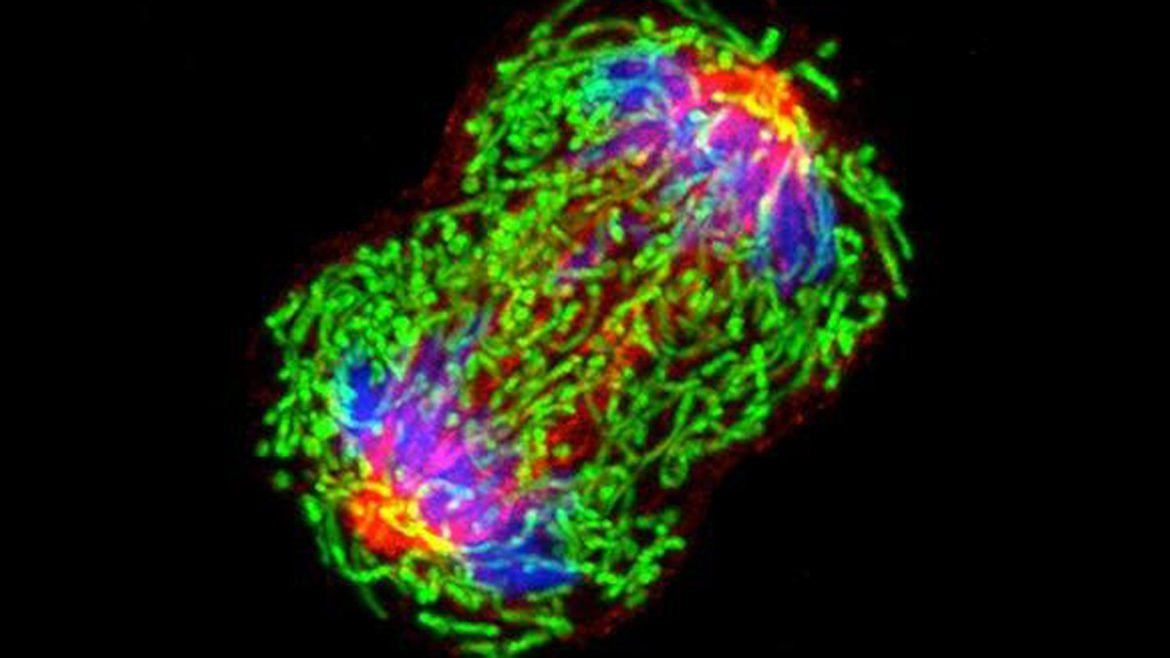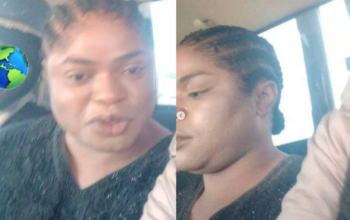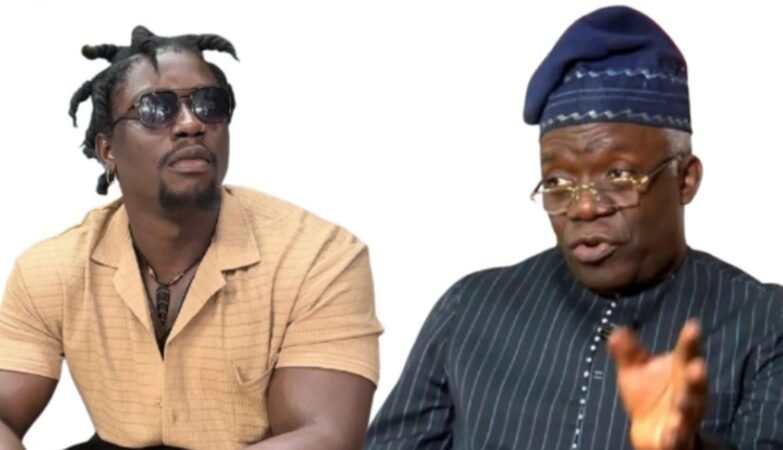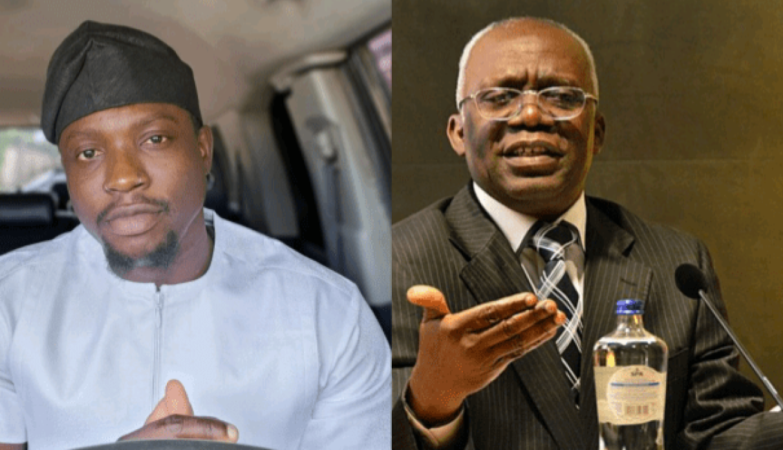Association of Radiation and Clinical Oncologists of Nigeria (ARCON) has said no fewer than 78,000 cancer-related deaths are recorded yearly across the federation.
While also deploring the attitude of Nigerians to their health, the body submitted that current statistics indicate that about 125,000 cases are reported yearly in the country, with the most populous black nation holding the worst immortality rates for breast cancer worldwide.
The National President, Dr. Amaka Lasebikan, who addressed journalists yesterday in Enugu, ahead of their scientific conference beginning from today, stated that the burden of cancer in Nigeria was increasing, hence the need for government, individuals and healthcare givers to urgently rise to the occasion.
She blamed the development on unequal access to cancer care, which according to her, has exposed several patients to socioeconomic and geographic disparities.
The ARCON boss added that the challenge of diagnosis, absence of infrastructure, cultural and religious beliefs and geographical location and brain drain were worsening the situation.
“It is rather painful and sad that our best brains are travelling abroad, while the few experts around are barely enough to handle the cases. But we want to tell people that cancer is curable, but it has to be presented early,” she explained.
Lasebikan identified lifestyle, processed foods and leaning more towards western diets, smoking, alcohol intakes, consumption of multiple starchy foods as some of the major risk factors, adding that late detection of the disease had resulted in more deaths.
On the theme, ‘Equity in Oncology: Policy, Practice, and Patients’, she said it was deliberately chosen to address inequalities in the treatment and cases of cancer decisively.
“This initiative is rooted in the belief that every Nigerian, regardless of their background or financial situation, should have access to timely and effective cancer diagnosis and treatment,” Lasebikan noted.








